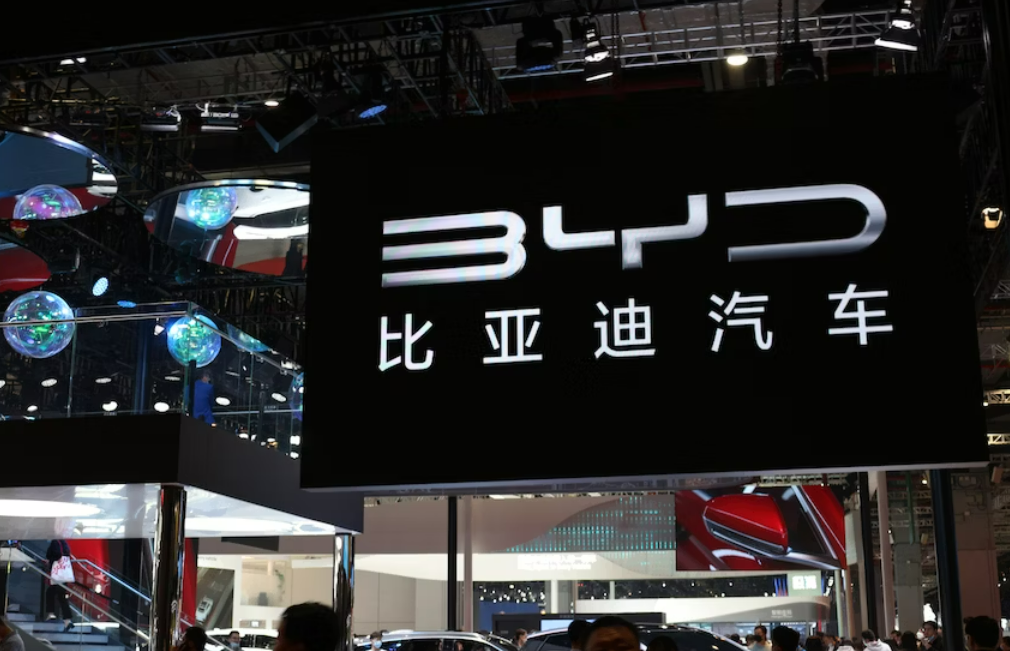BYD the Shenzhen-based electric vehicle (EV) manufacturer, achieved a remarkable milestone in May, delivering a total of 240,220 electric cars. This figure surpasses the company’s previous record of 235,200 units set in December.
This notable feat includes both electric vehicles (EVs) and plug-in hybrid electric vehicles (PHEVs). The popularity of the BYD Dolphin model played a significant role in this success, as sales soared by an impressive 377% year-over-year to reach 30,679 units. The surge in demand for the Dolphin reflects the growing preference for eco-friendly transportation options among consumers and is a testament to BYD’s strong position in the EV market and the increasing demand for electric vehicles in China.

Also continuing its impressive streak, Li Auto, the leading premium electric vehicle (EV) manufacturer in mainland China, achieved a new sales record for the second consecutive month. In May, the Beijing-based automaker delivered a remarkable 28,277 units to domestic customers. This accomplishment follows their previous sales milestone of 25,681 units in April, making Li Auto the first homegrown premium EV maker to surpass the 25,000 mark.
In May, Guangzhou-based Xpeng reported a notable increase in deliveries, with a total of 6,658 cars being handed over to customers. This represents an 8.2 percent rise compared to the previous month. Among the major electric vehicle (EV) manufacturers in China, Nio was the only one to observe a month-on-month decrease, with sales dropping by 5.7 percent to 7,079 units.
The varying sales performances of these two prominent EV builders highlight the dynamic nature of the Chinese EV market and the competition among manufacturers to secure a larger share of the growing demand.
Why are EV makers in China giving up on the Price War?
Last month, both BYD and Li Auto decided to discontinue offering discounts on their vehicles, marking the end of a price war that originated from Tesla’s actions in October. These two prominent Chinese automakers were previously involved in the competitive pricing battle, but have now chosen to shift their strategies and move away from aggressive discounts.
In late October and early January of this year, Tesla ignited a price war by offering significant discounts on its Shanghai-produced Model 3 and Model Y vehicles. The situation escalated further in March and April when several companies went as far as slashing prices by up to 40 percent on their vehicles.
Surprisingly, the lowered prices did not result in an increase in sales as anticipated by the carmakers. Instead, budget-conscious consumers opted to postpone their purchases, anticipating further price reductions in the future. This response from consumers highlights the complex dynamics of the Chinese market and the cautious approach taken by buyers who are keen on securing the best deal possible.
Related:
- Tesla Loses to BYD “Again” in Indonesia, Further Eroding Its Global EV Lead
- BYD F Brand’s first car interior revealed in leaked photos, showing a luxurious and high-tech cabin
- Faraday Future Targets Electric Vehicle Market Disruption with New FF91 Luxury EV, but It’s Five Years Late
(via)




